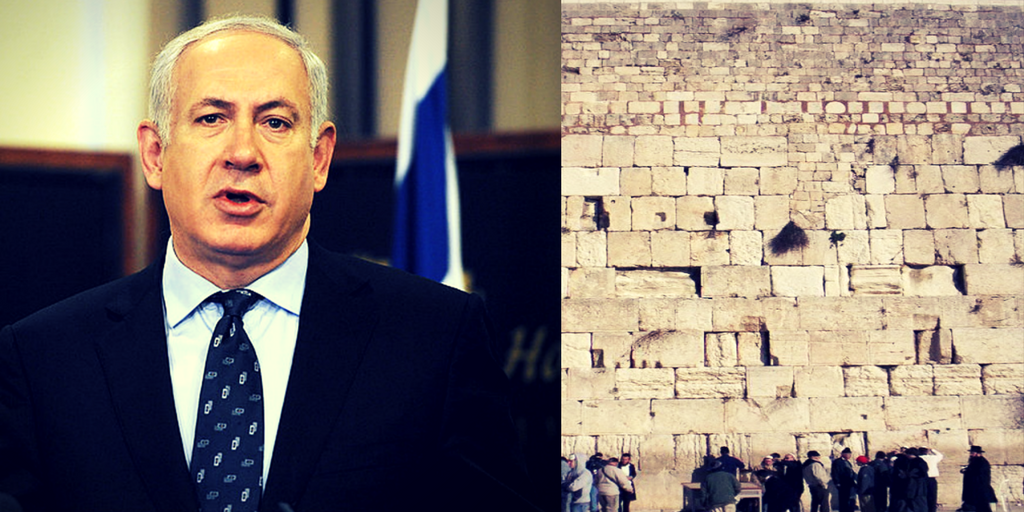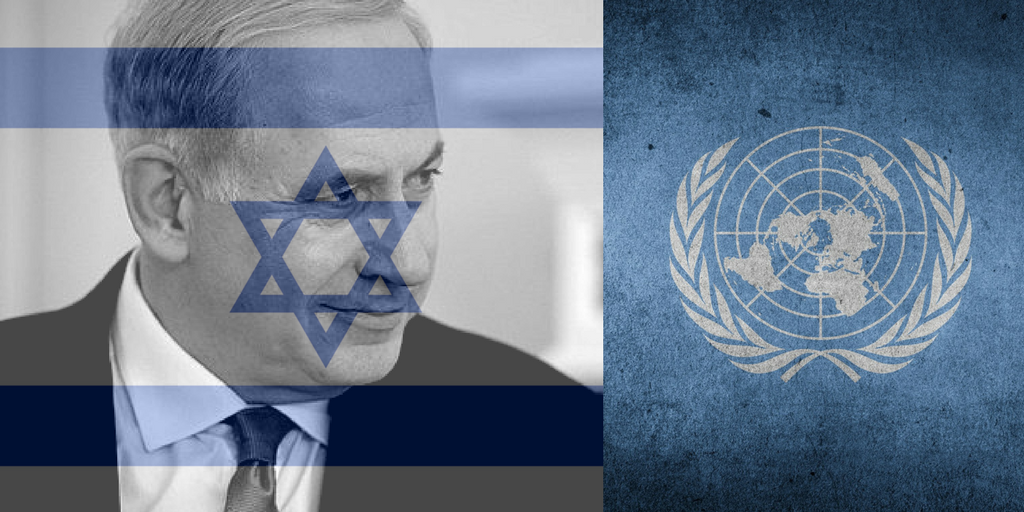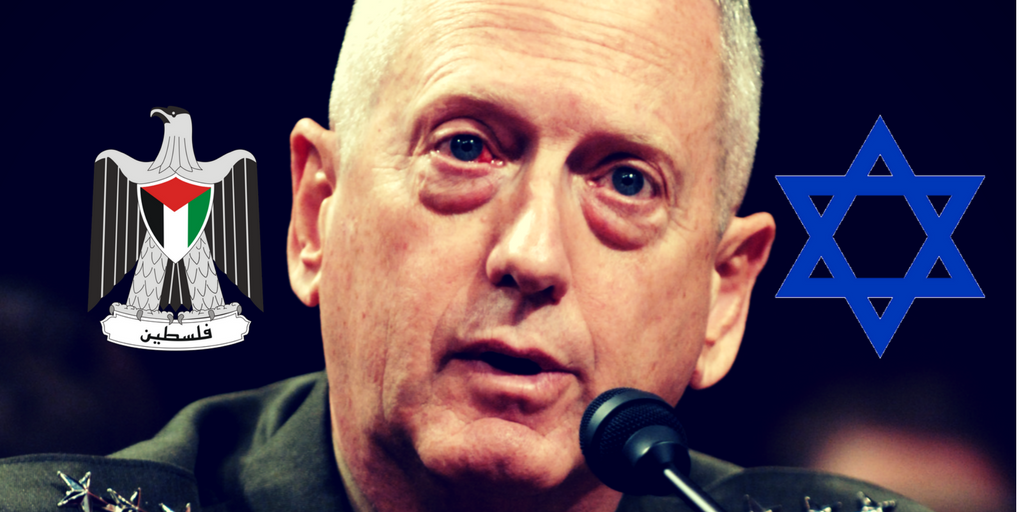There are four important aspects to the government’s decisions on Sunday relating to egalitarian prayer at the Western Wall and the conversion bill. The first is that by and large, the headlines of the stories distort rather than explain what the government decided.
The second is the nature of the American Jewish community’s response to the government’s moves.
The third important aspect of the story is what the government’s decisions tell us about how the government perceive Israel’s relations with the American Jewish community.
Finally, the aftershocks of the decisions tell us something important about the prospects for Jewish unity today.
To the first issue. From the headlines in the newspapers, it is easy to assume that the government just struck a blow at egalitarian prayer at the Western Wall plaza and changed for the worse the status of non-Orthodox conversions in Israel. But neither is the case.
As far as the Western Wall is concerned, the government decision doesn’t harm the egalitarian prayers at the holy site. For the past several years, egalitarian prayer services have been taking place regularly at Robinson’s Arch along the southern wall of the Temple Mount Plaza, just outside the archeological park.
The area, easily accessible from the Dung Gate, is easier to reach by car and foot than the regular Western Wall complex.
In January 2016, after protracted negotiations with progressive American Jewish groups, the government agreed to connect the Robinson’s Arch complex to the Western Wall complex. The government also agreed that management responsibility for the egalitarian prayer area would be transferred from the ultra-Orthodox-controlled Western Wall Foundation, to a new body that would include representatives of Reform and Conservative Judaism as well.
On Sunday, the government reversed that decision.
People have every right to be angry about the government’s move. It just reneged on its agreement, and that isn’t right.
Substantively, though, the government didn’t change the status quo. It just chose not to change it.
While wrong, it doesn’t justify the vitriol being leveled at the government by American Jewish leaders threatening to rethink their support for Israel.
As for the conversion law, the government’s decision on Sunday should make the members of the American Jewish community angry, but not for the reasons they claim. The draft conversion law the government just approved doesn’t change the status of converts who were converted by non-Orthodox religious courts outside of Israel.
Twenty years ago, the Neeman Commission decided, with the agreement of the Reform and Conservative movements, that people who converted in Reform or Conservative conversions outside of Israel would receive citizenship if they chose to make aliya under the Law of Return. They would not, however, be registered as Jews for the purpose of marriage, divorce or burial by the state rabbinate.
This would remain the case under the proposed law.
The people who are harmed by the conversion law are the more than half a million Israeli citizens from the former Soviet Union who made aliya under the Law of Return because they have Jewish lineage, but are not halachicly Jewish because their mothers are not halachically Jewish.
As Rabbi Shlomo Riskin, the chief rabbi of Efrat and noted conversion expert, explains, “According to great halachic authorities like the former chief rabbi of Israel Rav Ben-Tzion Uziel, although [these Israeli citizens] are not formally Jewish and must undergo a formal conversion, ‘it is incumbent upon the Religious Court to convert them because they have Jewish seed (zera Yisrael).’” Riskin adds, “Of course, we must always encourage observance of the commandments, but the bottom line must be to love and embrace them; they are living in Israel and their children will be going to the IDF.”
Uziel’s ruling informs the conversion policies of religious-Zionist rabbis and conversion courts, but it is rejected by the ultra-Orthodox religious authorities who today exercise absolute control over state conversions.
When the Neeman Commission reached its accord with the Conservative, Reform and Orthodox Jewish authorities in 1997, the Orthodox authorities included both ultra-Orthodox and religious-Zionist, or Modern Orthodox, rabbinic authorities.
As a result, the assumption of the commission members was that the state conversions would be conducted in an atmosphere that reflected a plurality of views represented in the Orthodox Jewish world, including the view of Rav Uziel, which informs the judgment of religious-Zionist rabbinic authorities.
This assumption ceased to be correct however in 2004.
That year, then-prime minister Ariel Sharon’s coalition began unraveling. Sharon’s decision to adopt the policy of the Left and unilaterally withdraw from Gaza while destroying the Israeli communities in Gaza and northern Samaria and forcibly expelling their 10,000 residents tore his party and government apart. Sharon fired the ministers from the National Religious Party and the National Union.
To survive in office, Sharon had to retain the support of the ultra-Orthodox parties. To this end, he acceded to their demand to kick religious-Zionist rabbis out of the state rabbinate and replace them with ultra-Orthodox rabbis. Sharon’s move gave the ultra-Orthodox total control over all state conversions.
Since then, the ultra-Orthodox rabbis have used their absolute to cancel the conversions performed by the most senior rabbis in the religious-Zionist community. Some of the converts affected have been Jews for decades and raised Jewish children.
Their Judaism and that of their children was retroactively denied by the rabbinate.
The ultra-Orthodox rabbinic courts subject half a million Israeli citizens who made aliya under the Law of Return to humiliating and drawn-out conversion processes even though many of them have lived their entire lives as Jews in Israel.
Rather than be given consideration as Rav Uziel and the national-religious religious authorities prescribe, they are treated as though they never had any relationship with the Jewish people of which they have always considered themselves members.
Due to the progressive American Jewish groups’ enthusiastic support for the withdrawal from Gaza and the destruction of the Israeli communities in Gaza and northern Samaria, they did not object to Sharon’s move.
And now, by mischaracterizing the government- backed conversion bill as a slap in the face to Reform and Conservative converts, they miss the real reason they should be fighting the legislation.
They should be fighting the bill because a large majority of the members of their communities are intermarrying. The children of many of those marriages who want to make aliya will be subjected to the same humiliating conversion processes undertaken by the ultra-Orthodox state rabbinic courts as the half a million Israelis who are not registered as Jews with the Chief Rabbinate face.
The fact that this doesn’t seem to be a concern for them indicates two things. First, their anger over the proposed law is not substantive. The contents of the bill – from their perspective – do not change the status of their converts. They have been living at peace with that status, which they agreed to, for 20 years.
At the same time, the American Jewish leaders who threaten not to speak to or host Israeli politicians who support the bill, ignore the fact that the current law would doom the children of their intermarried community members to second-class status in Israel if they try to convert halachically in the framework of aliya, rather than ensuring that they are treated with the love and respect their deserve.
Along these lines, and in relation to the Israeli citizens from the former Soviet Union, Rabbi Riskin notes, “The entire fabric of Israeli society would be torn asunder if a division were made between Israelis and halachic Jews. The religious courts must do their utmost to expose them to basic Shabbat, festivals and kashrut observance, but the most important goal must be to bring them into the Covenant with the Jewish people. After all they have gone through because of their ‘Jewishness’ under the Communist regime, it behooves us to incorporate them within our Jewish collective as part of the miracle of the ingathering of the exiles.”
So both in the case of the government’s decision regarding the Western Wall and in relation to its decision regarding the draft conversion law, American Jewish leaders are reacting with fury unhinged from the substance of the decisions themselves.
They cry foul to perceived, but largely imaginary, slights while ignoring the real problem with the conversions bill.
This then brings us to the government, and what apparently motivated it to take action that so provoked the American Jewish leadership.
In an interview with The Jerusalem Post, Rabbi Julie Schonfeld, vice president of the Conservative Rabbinic Assembly, accused Prime Minister Benjamin Netanyahu of preferring momentary political advantage to the interests of the Jewish people. In her words, “The prime minister will do what he sees as beneficial for the next five minutes of his political life… There’s no possible way that the prime minister and his officials can argue they’re acting in the best interests of the State of Israel. They are betraying the citizens of the State of Israel in order to keep themselves in power for the next five minutes.”
While nasty, her criticism is not without foundation.
But what was Netanyahu’s alternative? If the American Jewish community flies off the handle and declares war against the government, threatening to blackball the elected leaders of the Jewish state when they adopt measures that while impolite have little substantive effect on their positions, then why should Israel take their views into account? If everything that the government does is terrible, then dialogue is reduced to recrimination. Sitting with progressive Jewish leaders from America means being subjected to a lecture about how terrible Israel is by people who do not live here and are not interested in having a serious discussion about what is actually on the table.
The fact that they are not interested in having that sort of discussion, and that they have no interest in making Israel their home, is demonstrated by their indifference to the real implications of the draft conversion law. Leaders truly invested in the future of both their communities and of their communities’ ties with Israel would be appalled by the retention of monopoly control over conversions by rabbinic authorities who refuse to recognize the difference between children of intermarriage and non-Jews with no relation to Judaism and the Jewish people.
They would insist that religious-Zionist rabbis be reinstated in the state rabbinate, and work avidly to ensure that conversions once approved cannot be overturned.
The real problem here is that while everyone involved speaks of the need for Jewish unity, no one involved in the conversation seems to be motivated to work toward that goal.
Jewish unity isn’t achieved by mutual recrimination.
And it isn’t achieved by one-upmanship. It is achieved through compromise based on mutual respect and love for fellow Jews. Absent that, nothing good will come from negotiations or laws or agreements. Absent that, nothing good will come at all.












